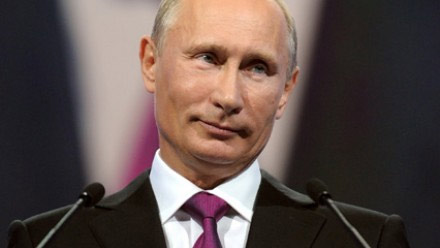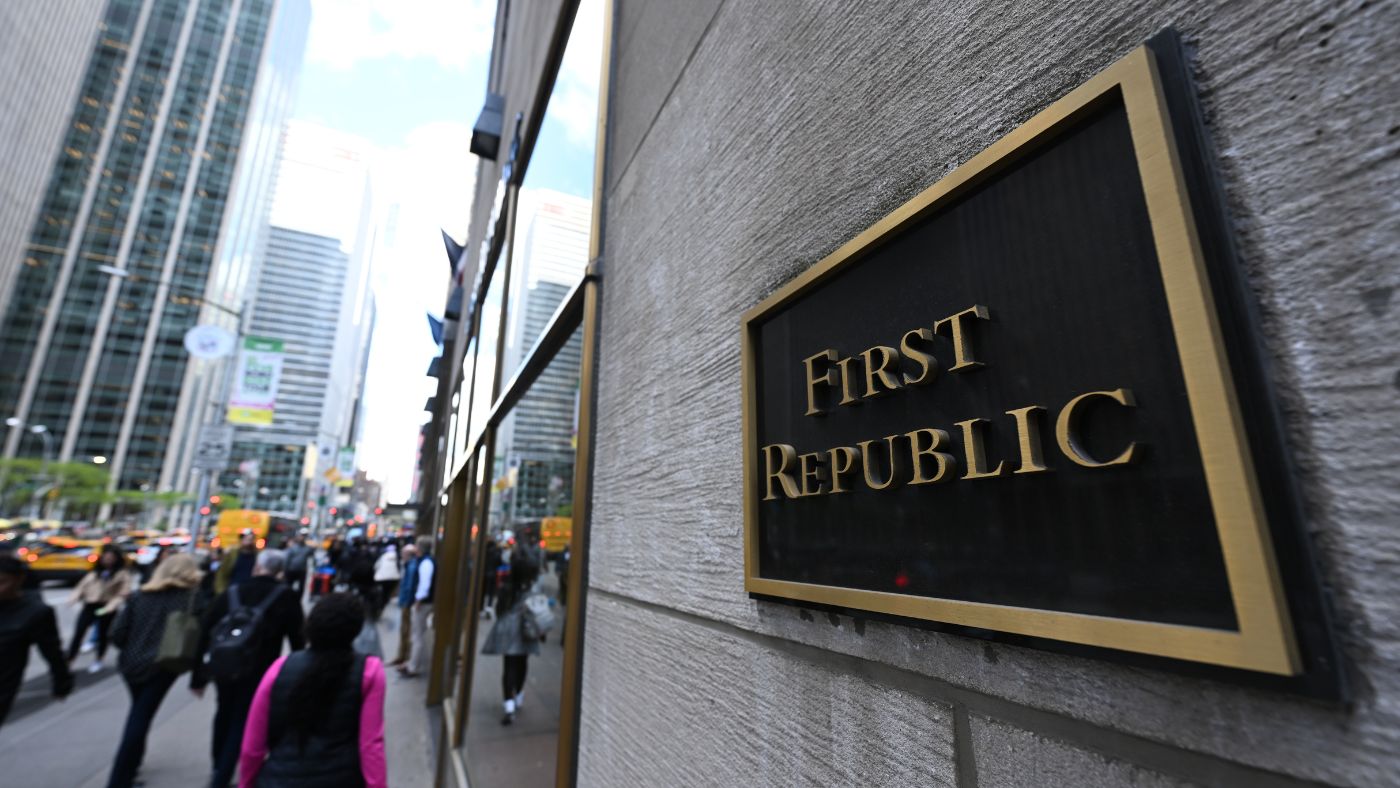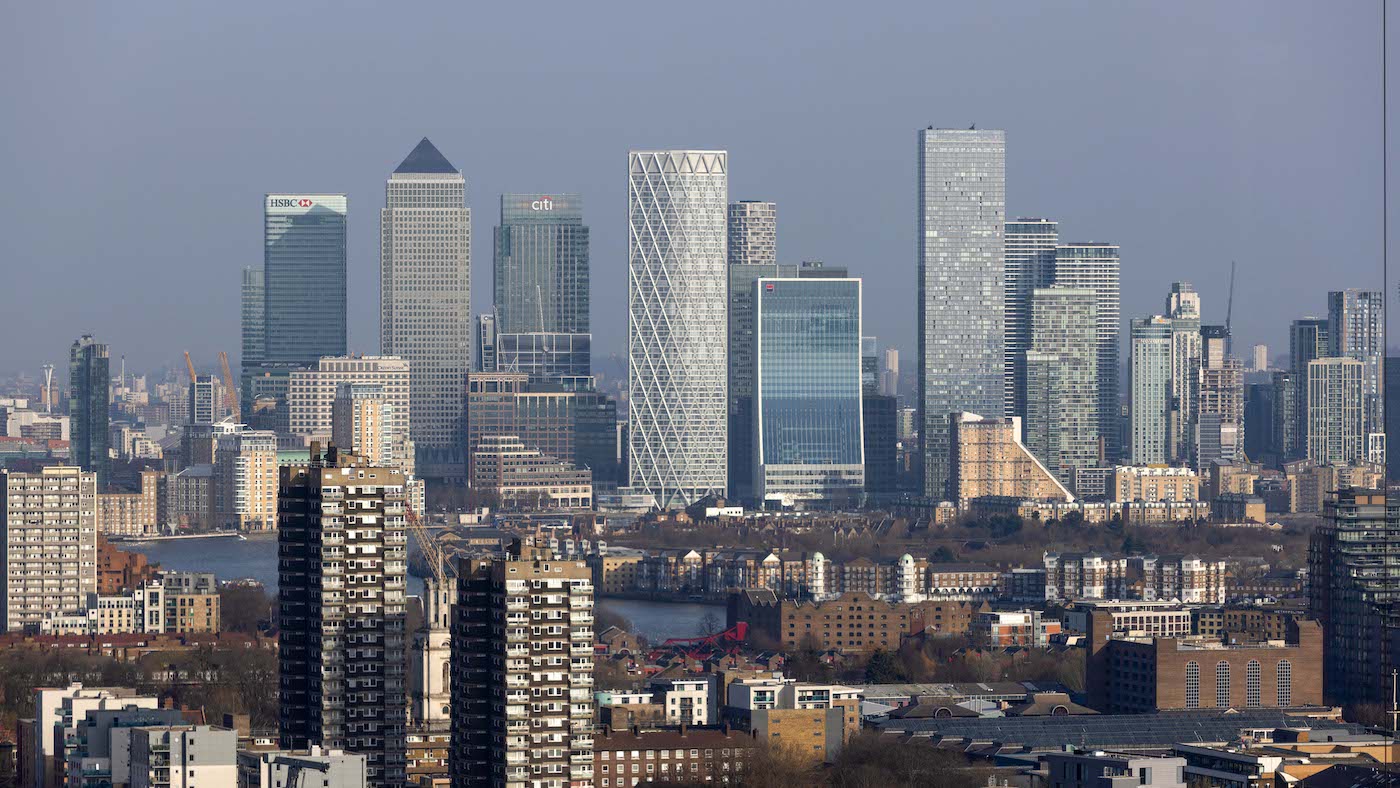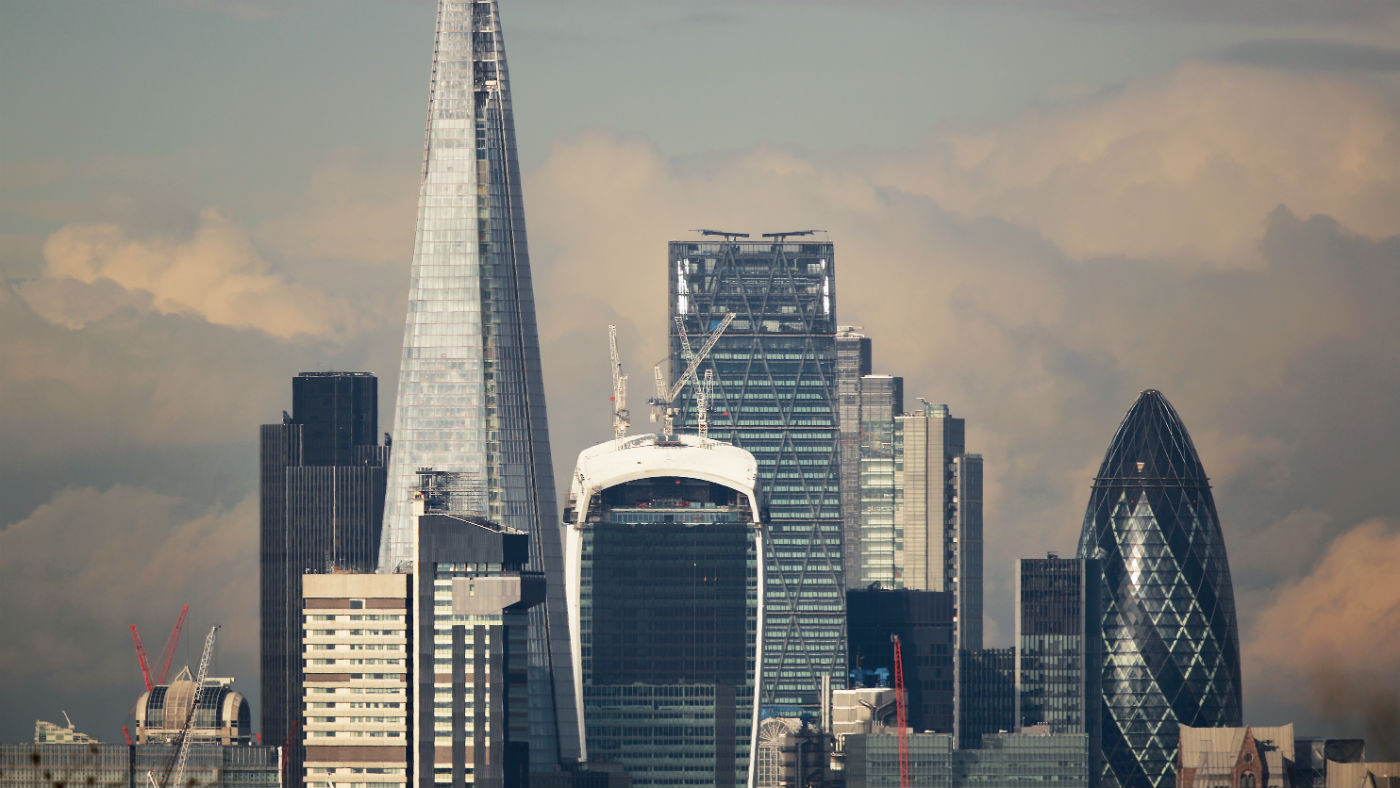Cyprus: risk of new 'cold war' as Putin threatens loan pull-out
Ordinary Cypriots are sympathetic to the Russians, who have boosted economy during the recession

A free daily email with the biggest news stories of the day – and the best features from TheWeek.com
You are now subscribed
Your newsletter sign-up was successful
THE CYPRUS banking crisis is threatening to spin out of control into a new cold war between Russia and the EU. As my ex-pat friends work out how to get through until Thursday without being able to withdraw cash - and wonder what will happen if and when the banks do re-open - the government in Nicosia is under pressure to rethink its cack-handed bank levy.
Sadly, the rethink is unlikely to mean scrapping the plan altogether. Instead, smaller investors like me with with less than €20,000 in a Cyprus bank could be spared any levy, but those with more than €100,000 in their accounts will still have 9.9 per cent of their savings removed - possibly more. (The rate for those between €20,000 and €100,000 will likely remain at 6.5 per cent.)
This will hit those British ex-pats who, as I described yesterday, have sold up in the UK, bought much cheaper properties in the sun, and put the difference in the bank to live off.
The Week
Escape your echo chamber. Get the facts behind the news, plus analysis from multiple perspectives.

Sign up for The Week's Free Newsletters
From our morning news briefing to a weekly Good News Newsletter, get the best of The Week delivered directly to your inbox.
From our morning news briefing to a weekly Good News Newsletter, get the best of The Week delivered directly to your inbox.
More crucial in terms of world peace, it will also hit those wealthy Russian companies and individuals who keep small fortunes in Cyprus banks – as much as £12.5 billion in total, according to some estimates.
The threat to raid their accounts has provoked a furious outburst from the Kremlin, with Vladimir Putin calling the levy "unfair, unprofessional and dangerous". Now the Russian president is threatening to withdraw a loan of €2bn already given to Cyprus.
Cyprus occupies a strategically important place in Nato and the EU – it is a secret listening post for the CIA and GCHQ for North Africa - and it has been the centre of a Russian stand-off with the West in the past, before the Turkish invasion which divided the island in 1974.
The past Cyprus president - a pro-Russian Communist - encouraged warm relations with Moscow to the alarm of European leaders. The recently elected right-wing President Anastasiades wants to turn Cyprus to the west.
A free daily email with the biggest news stories of the day – and the best features from TheWeek.com
But ordinary Cypriots taking to the streets have their sympathies firmly with the Russians, who have boosted the Cyprus economy during the recession. One woman screamed: "It is a Third World War." They see it as a raid by the Germans on their money. Protestors are carrying placards saying: "Merkel go home."
Small wonder when Germans like Jorge Asmussen, a member of the European Central Bank's governing council, says without any sympathy: "If Cyprus's president wants to change something regarding the levy on bank deposits, that's in his hands. He must just make sure that the financing is intact."
The Germans, in short, are unapologetic, with commentators saying German taxpayers will not allow their money to be used to bail out Russian tax dodgers who have salted their "hot money" away in Cyprus banks.
It is true the Russians are everywhere. Limassol has been dubbed Limagrad. There is a local Russian radio station and the town is building a vast marina with housing and shops for the Russian nouveau riche who want to bring luxury yachts to the harbour. On my local beach in Pissouri, 20 kms west of Limassol, a house for a Russian oligarch is nearing completion. It is as big as a hotel.
The Russian oligarchs are attracted not just by the sun. The tide of alleged "dirty money" has been flowing from the former Soviet bloc to Cyprus for years, because of the loose banking regulations on the island.
Cyprus has based its economy on international banking to supplement its income from tourism – banking is a massive seven times its GDP. And the discovery of vast gas reserves increased the interest of Russia, which offered to help Cyprus exploit its new-found wealth.
All this has gone over the heads of my friends, like Lou, the poolman, who used to be the manager of a small bank branch in Scotland before retiring to the sun.
"I won't shed a tear for the Russians, but it's nothing short of daylight robbery," Lou told me this morning. "I'm lucky – I kept our savings in the UK, because I didn't trust the Cyprus banks."
Bryan, a retired builder, said: "I never trusted the Cyprus banks, so we left all our savings in the UK. If the Russians have to pay more, I can live with that. But we are in limbo a bit. I don't know what will happen when the banks open again on Thursday."
Even if those with €20,000 or less in their accounts are now spared, my friends at the bank in the village square are still likely to find their doors besieged on Thursday with angry villagers wanting their money.
Colin Brown is the former deputy political editor of The Independent. He has a holiday home in Cyprus. His first article for The Week on the banking crisis can be read here.
-
 Sepsis ‘breakthrough’: the world’s first targeted treatment?
Sepsis ‘breakthrough’: the world’s first targeted treatment?The Explainer New drug could reverse effects of sepsis, rather than trying to treat infection with antibiotics
-
 James Van Der Beek obituary: fresh-faced Dawson’s Creek star
James Van Der Beek obituary: fresh-faced Dawson’s Creek starIn The Spotlight Van Der Beek fronted one of the most successful teen dramas of the 90s – but his Dawson fame proved a double-edged sword
-
 Is Andrew’s arrest the end for the monarchy?
Is Andrew’s arrest the end for the monarchy?Today's Big Question The King has distanced the Royal Family from his disgraced brother but a ‘fit of revolutionary disgust’ could still wipe them out
-
 The end for central bank independence?
The end for central bank independence?The Explainer Trump’s war on the US Federal Reserve comes at a moment of global weakening in central bank authority
-
 What are stablecoins, and why is the government so interested in them?
What are stablecoins, and why is the government so interested in them?The Explainer With the government backing calls for the regulation of certain cryptocurrencies, are stablecoins the future?
-
 Is Trump's tariffs plan working?
Is Trump's tariffs plan working?Today's Big Question Trump has touted 'victories', but inflation is the 'elephant in the room'
-
 The next superpowers: who will hold sway in 2050?
The next superpowers: who will hold sway in 2050?feature China overtakes the US, India emerges, great power ‘blocs’ rule, or tech giants take over – some of the geopolitical possibilities on the horizon
-
 First Republic: will UK banks survive unscathed?
First Republic: will UK banks survive unscathed?Under the Radar US shares dip after collapse of third regional bank, but experts say contagion to the UK is unlikely
-
 Should the UK relax bank ring-fencing rules?
Should the UK relax bank ring-fencing rules?Talking Point Treasury minister said he hopes to ‘boost competitiveness’ in the City with easing of regulations
-
 Is Brexit to blame for the current financial crisis?
Is Brexit to blame for the current financial crisis?Talking Point Some economists say leaving the EU is behind Britain’s worsening finances but others question the data
-
 Should caps on bankers’ bonuses be scrapped?
Should caps on bankers’ bonuses be scrapped?Talking Point New chancellor Kwasi Kwarteng believed to be planning contentious move to ‘boost the City’